FREE WEBINAR SERIES
Aging Matters: Indigenous Perspectives
Presented by the Bi pi maadzing zaagidwin teg jichaaming (Circle of Life in the Spirit of Love Project)
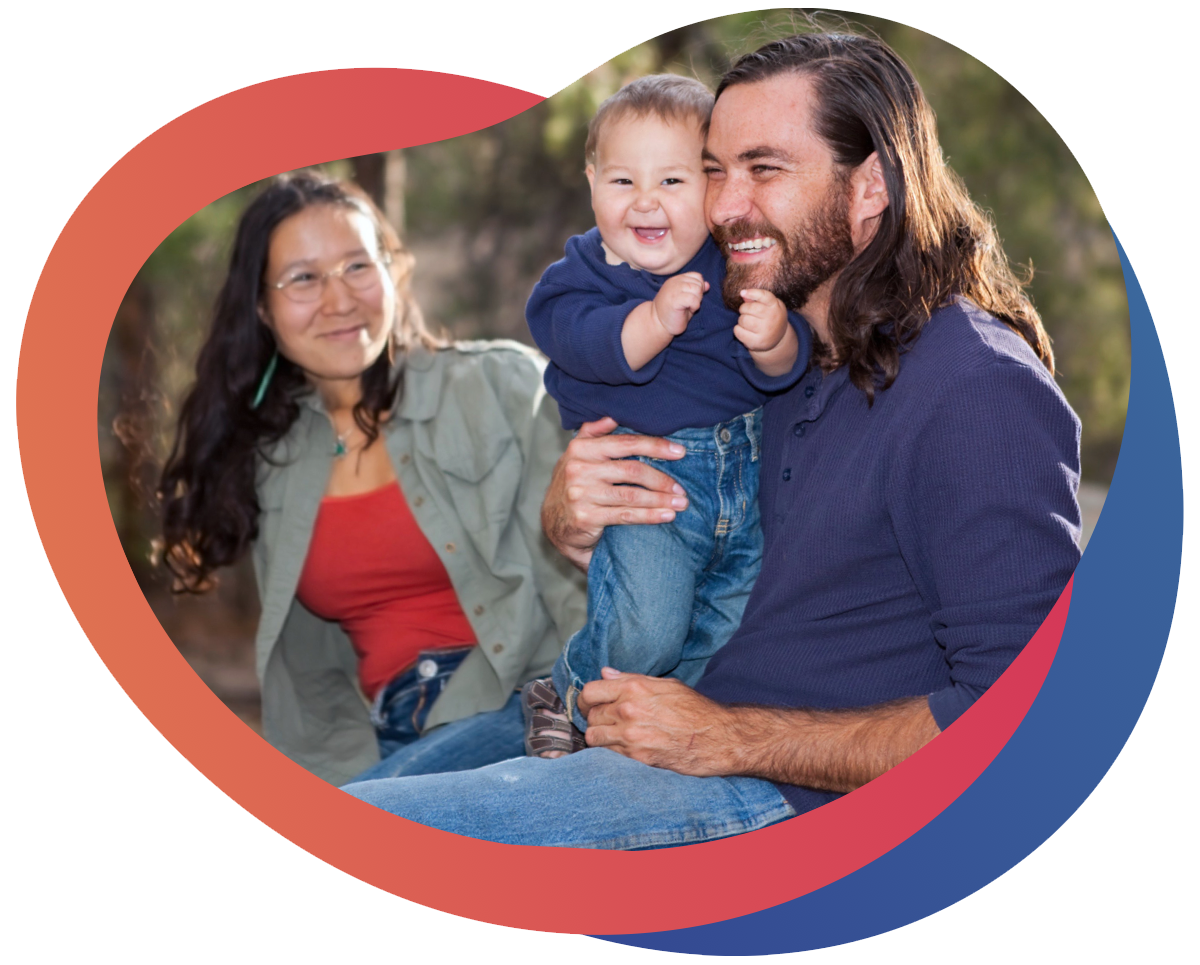
Persons with intellectual and developmental disabilities (IDD) are living longer and more fulfilled lives, but what are the challenges of aging with a disability? Join us for a free webinar series as we delve into the effects of aging on Indigenous people living with IDD in Northern Ontario.
Created by the Bi pi maadzing zaagidwin teg jichaaming (Circle of Life in the Spirit of Love Project), this webinar series brings Indigenous voices from Northern Ontario to the forefront. Featuring perspectives from professionals, caregivers and self-advocates, we will present the unique needs, challenges and strengths of Indigenous adults aging with IDD. Topics will include the role of professionals and caregivers as the person grows older and the value of engaging support teams from a variety of disciplines to provide a holistic understanding of the health care that will improve outcomes.
The webinar topics complement one another and are designed to create a forum for learning, resource exchange and illumination of lived experiences. We encourage everyone to attend all three presentations.
Why Join?
Indigenous adults with IDD are at risk for poor health outcomes. There is a lack of culturally sensitive resources to understand IDD and the services needed during adulthood. We want to equip professionals, caregivers, self-advocates and the wider community with information to support Indigenous adults aging with IDD.
The presentations will adapt the “First Nation Holistic Lifelong Learning Model”. It will reference the structure of a tree in relation to growth and learning throughout an individual’s lifespan and highlight individual learning and overall wellbeing.
Audience members will have an opportunity to ask questions during a live Q&A and learn where to access resources.
Webinar Series Details
Water Droplets: Perspectives from Professionals
FEBRUARY 10, 2022
12:00 P.M. – 1:30 P.M. (EST)
FEATURING DR. VALERIE TEMPLE, JENNIFER LAU & DR. MARK LACHMANN
Understand the systemic barriers that remote and semi-remote communities face, strategies for better outcomes and key touchstones for supporting Indigenous adults with IDD in Northern Ontario.
Facilitators: Kim S. Daniel, Dawn Brown, Louis Busch, Dorothy Elie
Trunk and Branches: Perspectives from Caregivers and Community Supports
FEBRUARY 17, 2022
12:00 P.M. – 1:30 P.M. (EST)
FEATURING LIZ ESQUERA, MARYBETH BARRETT, SARA DIAS, SHASHI GOYAL
Hear first hand accounts from paid caregivers and community support workers providing services to aging Indigenous adults with IDD. Conversations will focus on the strengths and challenges of small and/or remote communities in Northern Ontario including creative problem solving and the importance of relationship building and cultural competency when providing services.
Facilitators: Kim S. Daniel, Dawn Brown, Louis Busch, Dorothy Elie
Roots: Perspectives from Indigenous Families and Self-Advocates
February 24, 2022
12 P.M. – 1:30 P.M. (EST)
FEATURING GEORDIE AND ISABEL, JJ STRANG, LORNA K
Learn from experiences of families, unpaid caregivers and aging Indigenous adults with IDD in Northern Ontario. Hear stories of resilience from self-advocates and their caregivers’ stories on the joys and challenges of supporting their unique needs. Conversations will address a variety of subjects, including support navigation, systemic issues and planning for the future.
Facilitators: Kim S. Daniel, Dawn Brown, Louis Busch, Dorothy Elie
Listen to the Storytellers
Developed by Surrey Place, the video series presents voices and perspectives from Indigenous caregivers and individuals with intellectual and developmental disabilities living in Northwestern Ontario.
Joyce and Chris’ Story – A mother advocates for her son with autism in Kitchenuhmaykoosib Inninuwug First Nation, also known as Big Trout Lake, Ontario.
Serena’s Story – Serena, an Inuk mother living in Winnipeg, discusses her son’s autism diagnosis and her disconnection from her Indigenous identity living away from her traditional land.
Panel Speakers
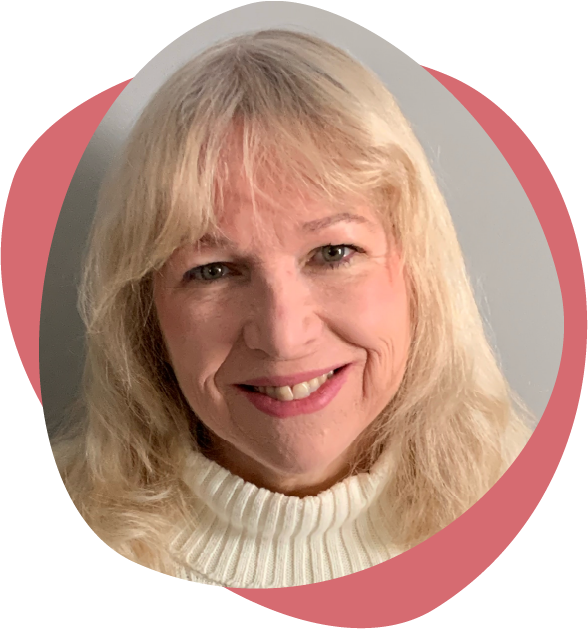
Marybeth Barrett
Marybeth Barrett is the Supervisor of Services from Wesway which is a respite program serving families in communities throughout the north including the James Bay and Hudson Bay areas. Marybeth has a Master’s of Social Work degree and has had the privilege of managing respite services for people across the lifespan. Through her work, Marybeth has travelled extensively to remote Indigenous communities and is interested in sharing some of her experiences and insights related to making meaningful connections during outreach efforts.
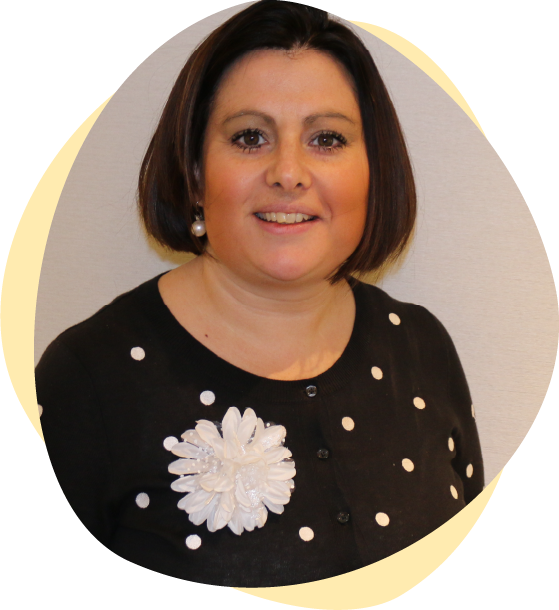
Sara Dias, B.A., B.S.W., M.S.W., R.S.W.
Sara is the Chief Executive Officer of the Canadian Mental Health Association Kenora Branch and has completed a Bachelor of Arts with a Major in Criminology and a Minor in Native Studies as well as a Bachelor of Social Work and a Master of Social Work all form the University of Manitoba. Sara was instrumental in initiating the Mental Health Court in Kenora and her thesis research was focused on reviewing the Mental Health Court in Kenora and if the court reduced individuals contact the criminal justice system and contact with hospital emergency rooms. Sara Co-Chairs many leadership tables within the Northwest and in the province of Ontario including the Mental Health & Addictions Working group for the first Ontario Health Team in the Northwest, the All-Nations Health Partners and the Northern Mental Health and Addictions Covid-19 Recovery Task Force.
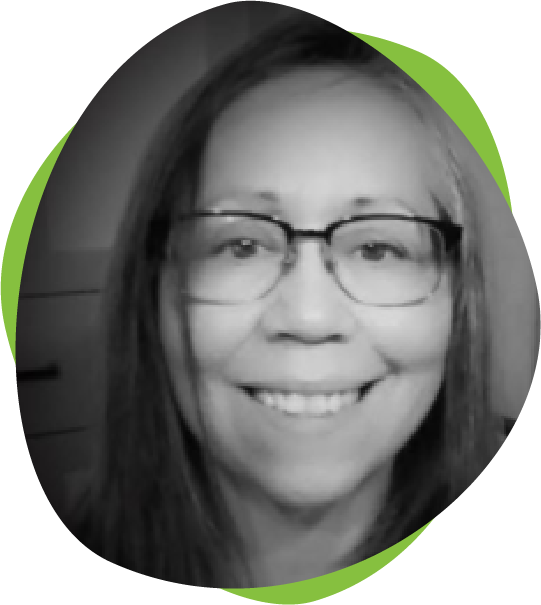
Liz Esquega
Liz Esquega works with Developmental Services Ontario Northern Region (DSONR) under the administration of Lutheran Community Care located in Thunder Bay as Cultural Consultant and Liaison, and works as the cultural resource to facilitate and promote cross-cultural understanding about Indigenous history, and culture and support people with developmental disabilities their families/caregivers. Liz is a member of Fort William First Nation where she grew up humbled by the surroundings of her maternal grandmother and mother before her. She is committed to grounding herself in Anishinabe teachings. While many gifts were bestowed upon Liz both personally and professionally, the gifts of the Anishinabe ways remains integral. In the words of one of her traditional knowledge keepers, “be kind, but be kind to yourself first”. Walk with humility. Chi-Miigwetch.
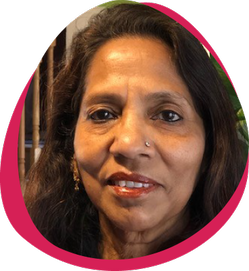
Dr. Shashi Goyal
Dr. Shashi Goyal is a Clinical and Counseling Psychologist at Surrey Place. Dr. Goyal has provided assessment, intervention (Individual and Group), and consultation with adults with developmental disabilities and their families/caregivers over 20 years. She has extensive experience working with a variety of cultural backgrounds, including the Northwestern Indigenous population in Ontario while working with the Mashkikiiwininiwag Mazinaatesijigan Wichiiwewin (MMW) Video Conferencing Program at Surrey Place. Dr. Goyal also has published research papers in scientific journals.

Dr. Mark Lackmann
Dr. Mark Lachmann is the Medical Lead of the Bridgepoint Site of the Sinai Health System. He is a geriatric psychiatrist working with patients in acute, rehabilitation, long-term care, and community settings. He is the Geriatric Psychiatry Director for the Provincial Geriatrics Leadership Office in Ontario. Dr. Lachmann also works as a Coroner in Ontario, and sits on the Geriatric and Long Term Care Death Review Committee of the Coroner’s Office. Prior to geriatric psychiatry, Dr. Lachmann worked as a family physician for ten years on James Bay and Baffin Island. Primary clinical and research interests are in community based seniors mental care in urban and rural settings. He served on the Board of Casey House for nine years, three of these as chair; and is currently Board Chair of the Bridgepoint Family Health Team.
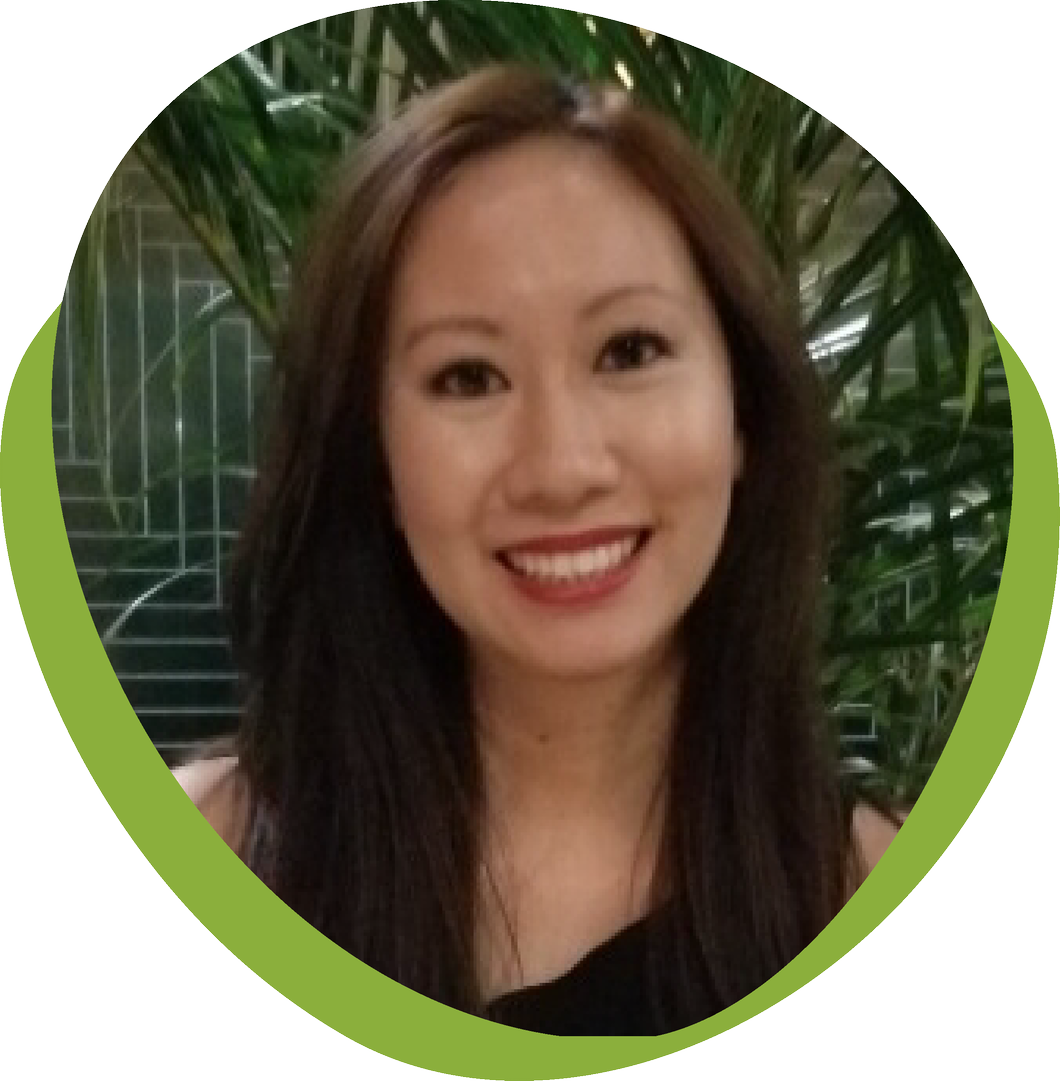
Jennifer Katherine Lau, M.S., BCBA
Jennifer Katherine Lau, M.S., BCBA began her career working with children with autism in 2008. She continued to work on developing her clinical skills by working with individuals across all ages in the field of intellectual disability and mental health. She has experience working as a Behaviour Therapist within the GTA, providing clinical behaviour therapy services to adults and children. Jennifer‘s concentration includes client assessment, intervention, consultation, groups, education and training. In 2016, Jennifer received her certification to practice as a Board Certified Behaviour Analyst (BCBA). Since then, she has been working with the Mashkikiiwininiwag Mazinaatesijigan Wichiiwewin (MMW) Video Conferencing Program at Surrey Place with an emphasis on the Indigenous populations of Northwestern Ontario.
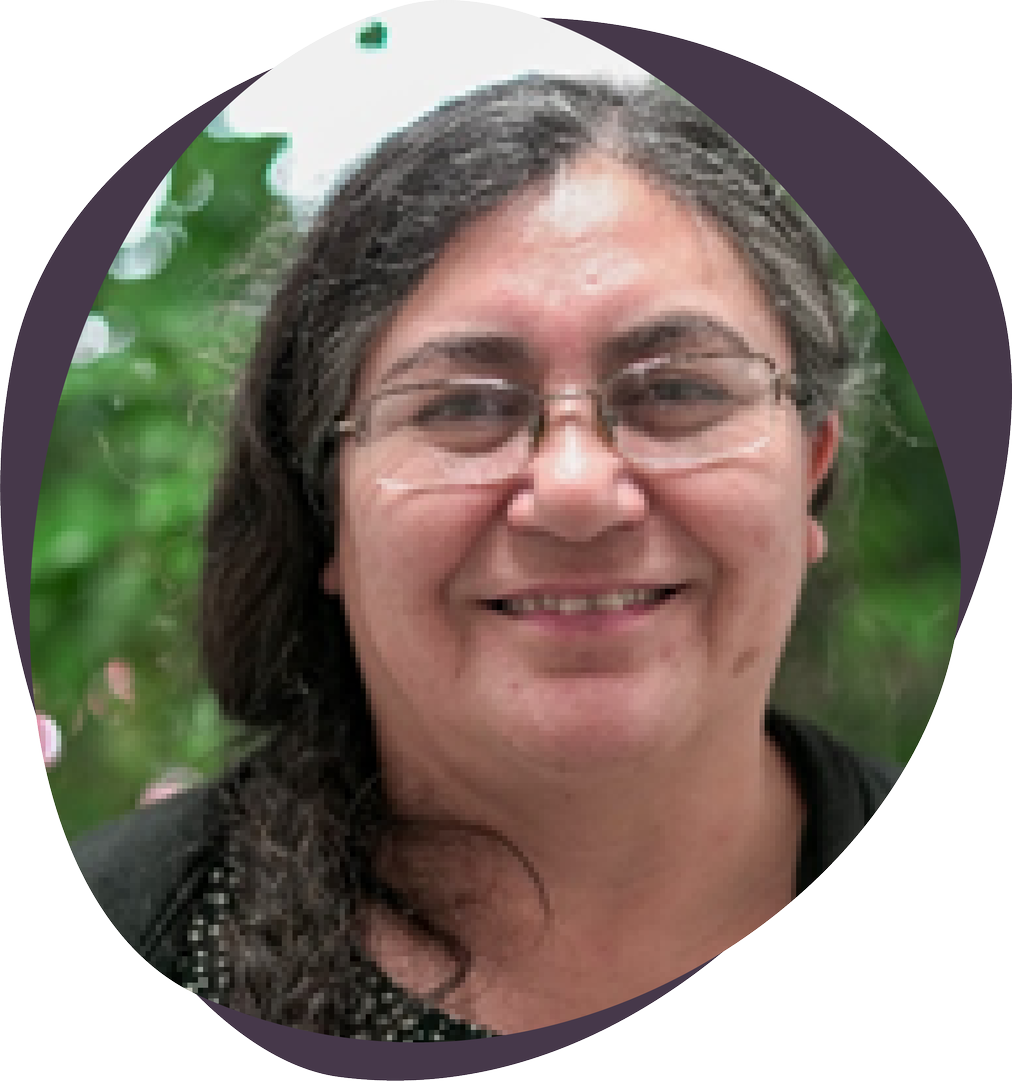
Christina Sawanas
Christine Sawanas is a Clinical Regional Access Coordinator for the MMW Video Conferencing Program in partnership with Sioux Lookout First Nation Health Authority where she plays a vital role in the coordination and delivery of clinical services to individuals with disabilities in 31 northern communities. Christine’s ability to provide outreach to families and support them in accessing the system is greatly enhanced by her fluency with the Oji-cree language. Christine has worked in the field of developmental disabilities for the past 31 years, and prior to joining the MMW team, she worked in various roles at Community Living Sioux Lookout for 16 years. Christine has been involved in research regarding assessment and supports for individuals in Ontario First Nation communities and has coauthored two peer reviewed papers.
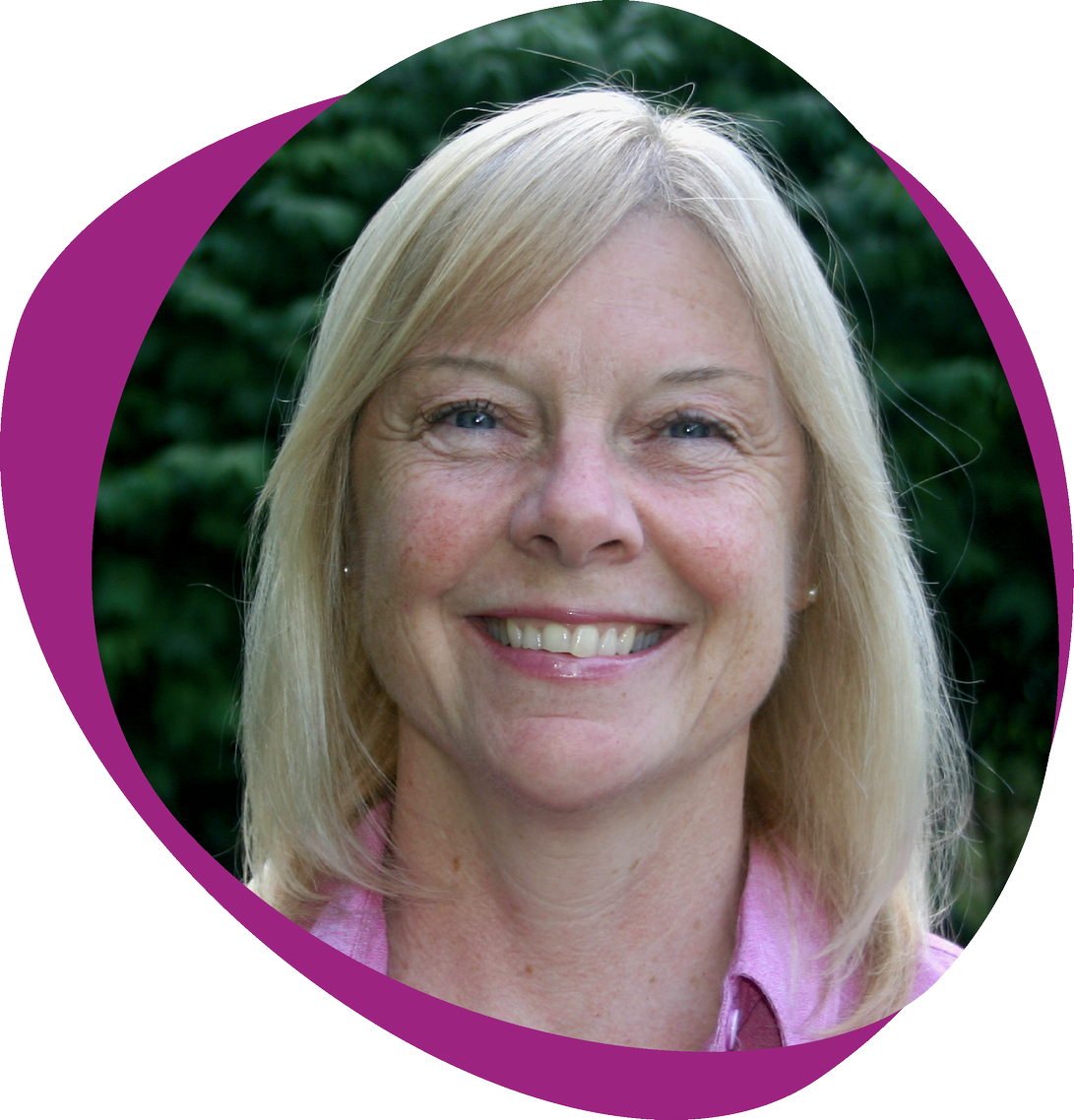
Dr. Valerie Temple
Dr. Valerie Temple (PhD. C. Psych.), Clinical Psychologist and Professional Practice Leader, works with individuals and families in Toronto, as well as those living in remote communities in northwestern Ontario through Surrey Place’s MMW Video conferencing program. Dr. Temple has published research papers and book chapters on the assessment, diagnosis, and treatment of a variety of intellectual and developmental disabilities, including Fetal Alcohol Spectrum Disorder (FASD), Down Syndrome, and Autism. She is a member of CanFASD, a national collaborative network of researchers focused on FASD, and FASD-ONE an Ontario network of professionals involved in FASD support.
Facilitators
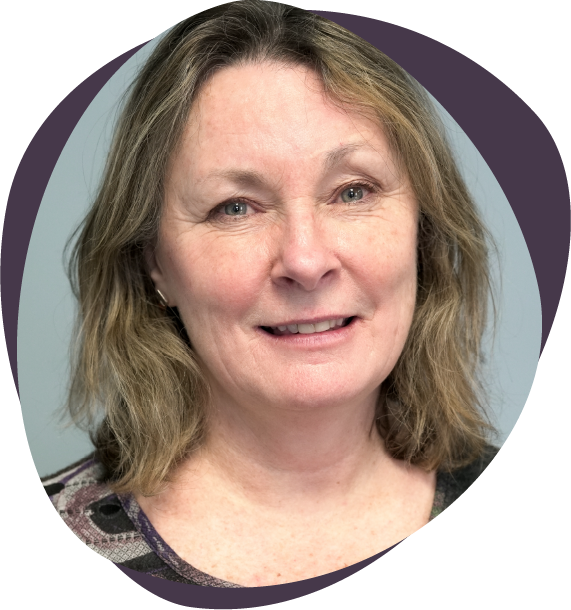
Dawn Brown – Manager, Mashkikiiwininiwag Mazinaatesijigan Wichiiwewin (MMW) Video Conferencing Program /Parent Enhancement Program (PEP), Surrey Place
Dawn Brown is the Clinical Manager of the Mashkikiiwininiwag Mazinaatesijigan Wichiiwewin Video Conferencing Program at Surrey Place in Toronto, Ontario. Dawn has worked in the field of Intellectual and Developmental Disabilities for over 35 years. For over 15 years Dawn has been fortunate to have worked with the MMW Program. The MMW Program was one of the first programs in Canada to provide clinical services to Adults with IDD via telehealth.
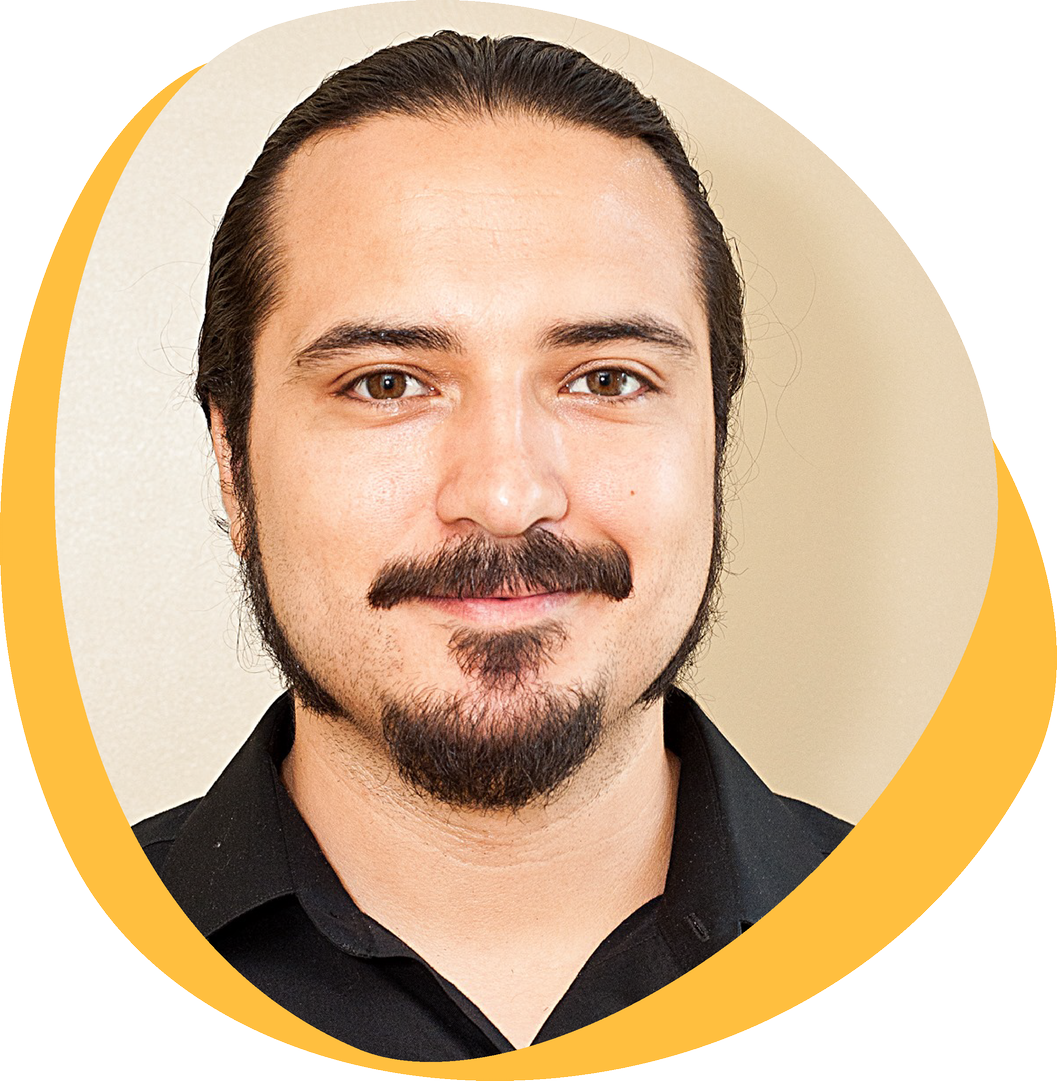
Louis Busch – Community Support Specialist, Skaabe Makwa, CAMH
Louis Busch (Wâwâhtêwi Mistatim, ᐋᐧᐋᐧᐦᑌᐃᐧ ᒥᐢᑕᑎᒼ) is Bear Clan Member of the Nisichawayasihk Cree Nation and a Community Support Specialist with Shkaabe Makwa at the Centre for Addiction and Mental Health. Louis has a Master’s degree in Education with a specialization in Adult Education Work and Learning, is a Board Certified Behaviour Analyst, and is currently engaged in doctoral studies in adult education and community development at the University of Toronto. Louis hopes to contribute to positive social change by advancing behavioural health services and educational initiatives that promote the recovery and empowerment of marginalized peoples.
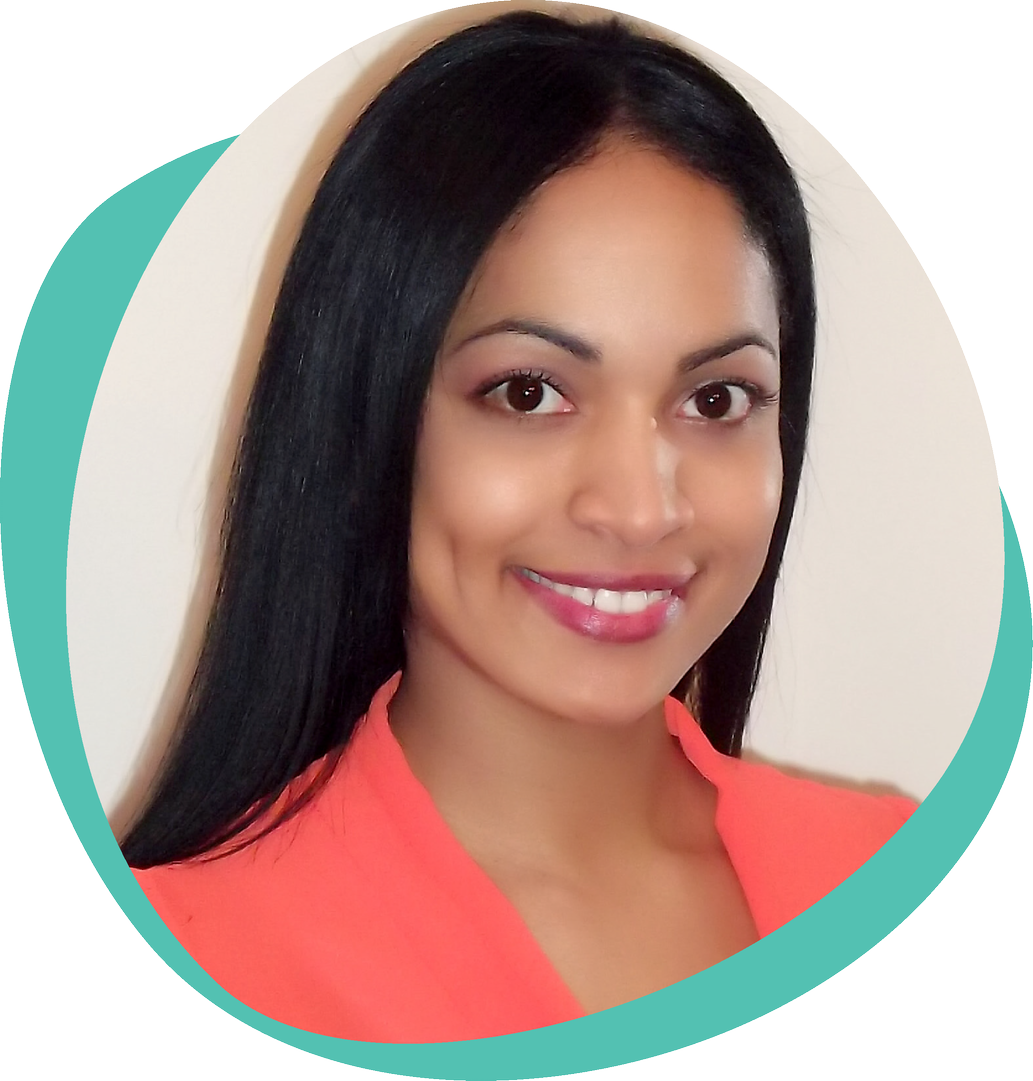
Kim S. Daniel, M.Ed., Ph.D. – Director of Community Partnerships and Innovation, Surrey Place
Kim S. Daniel, M.Ed., PhD., received her Ph.D. from McGill University in an APA/CPA accredited Counselling Psychology program where she developed her skills in research and clinical work. She completed her residency at Surrey Place, working with individuals with different developmental disabilities and Autism Spectrum Disorder (ASD). She also completed a postdoctoral clinical fellowship at Toronto’s Hospital for Sick Children, working in the Pediatric Clinical/Health Psychology and Behavioural Medicine Division with both in-patients and out-patients.
Currently, Kim is the Director of Community Partnerships and Innovation, focusing on designing and developing innovative clinical and educational programs and building collaborative partnerships. She previously served as a Mental Health Consultant, where she provided therapy to the Indigenous population up North. She also engages in ongoing research and offers consultative work in the GTA community.
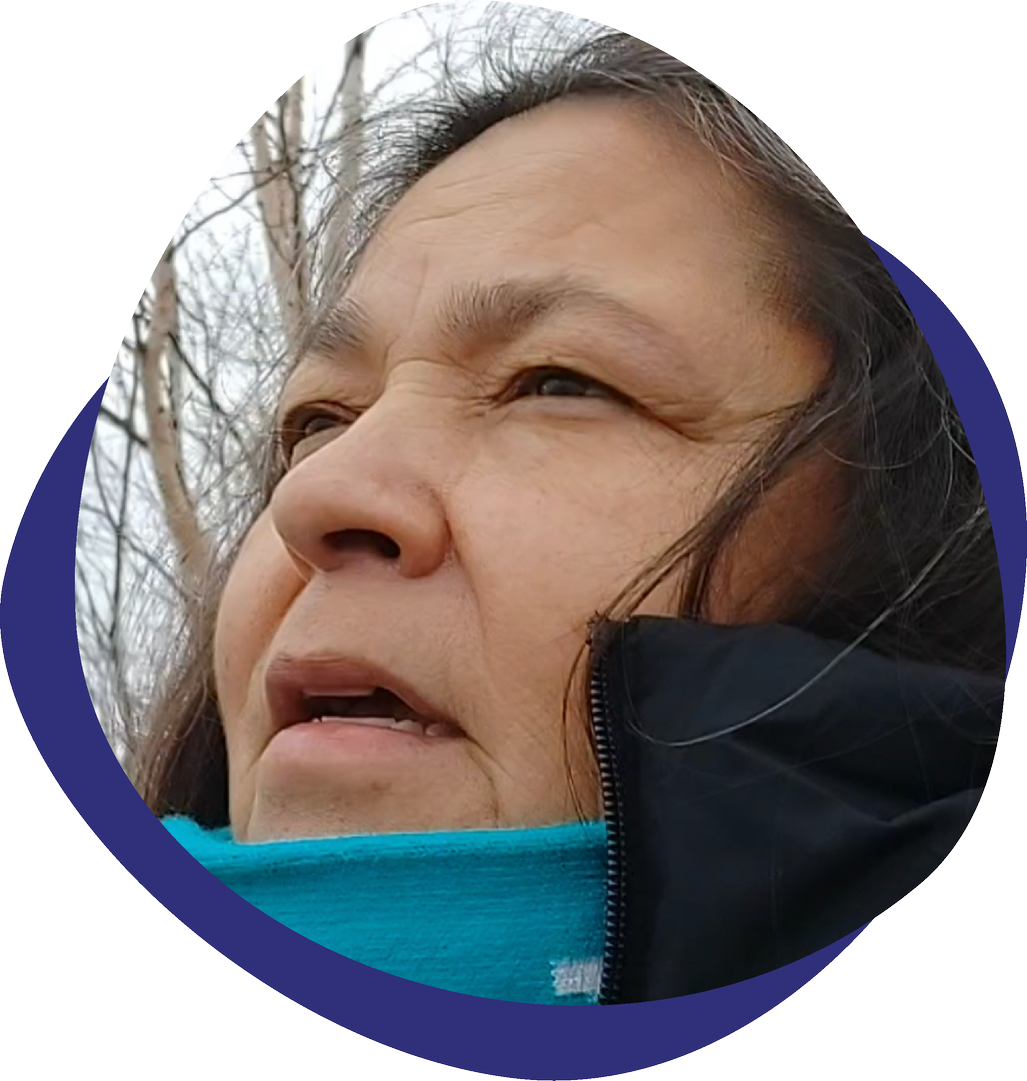
Dorothy Elie (nee Gingras) – Elder and Knowledge Keeper
Knowledge Keeper and grandmother, Dorothy Elie (nee Gingras) was born in Sault Ste. Marie, Ontario, grew up in Toronto, only to return home to raise her family in Batchawana Bay, Ontario, Obadjiwan Reserve, where she now resides, along the shores of Lake Superior (Gichigamiing) with her partner of 38 years Rodney Elie. Together they raised 5 children, whom are all grown now and who gifted them 16 grandchildren. She is a proud member of Batchewana First Nation of Ojibways, a 60’s Scoop Survivor, a University Graduate, A proud mother, very proud grandmother, who presently works full-time in the Child Welfare System, and who provides many services to many communities and organizations. Dorothy attributes her success to knowing who she is, a very proud Anishnaabe Kwe (Nookimis). Dorothy has dedicated her life to the revitalization of Anishnaabe Culture & Knowledge, teaching others the importance of a Spirit’s Journey.
Partners and Supporters
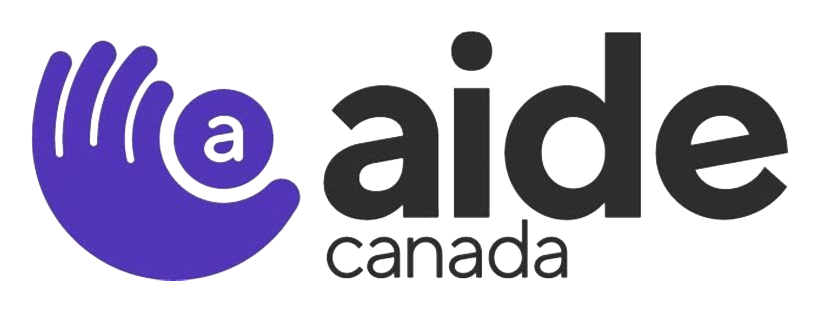
AIDE Canada – Lead Sponsor
The Autism and/or Intellectual Disability Knowledge Exchange Network (AIDE) Canada is a tool to connect members of our community to the information and resources they need. They deliver credible, reliable, and evidence-informed resources in an unbiased and accessible way.
Contact Information
Defne Inceoglu – Program Development Coordinator
Phone: 416-571-7627
Email: defne.inceoglu@surreyplace.ca